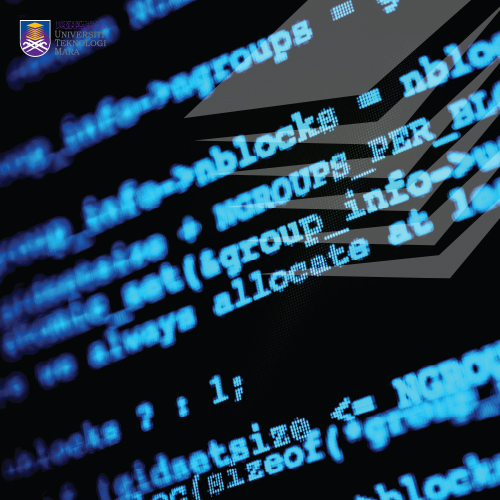About this Course
Course Description
This subject introduces the students to one of the fundamental knowledges that the students must acquire in separation theory with respect to mass transfer principles in various unit operation i.e. distillation, liquid-liquid extraction, leaching, membrane separation and crystallization. Students are also will be exposed to engineering tools related to IR.4.0 to solve the engineering calculations especially those related to separation processes.
Course Learning Outcomes
1 ) Ability to recognize various types of unit operations and analyze the operation range of separation processes in unit operations based on mathematics, numerical analysis and data analysis.
2 ) Ability to evaluate with efficient resource use, to support the formulate and design of various unit operations for separation processes.
Course Details



STATUS : Open DURATION : FLEXIBLE EFFORT : 4 hours per week MODE : 100% Online COURSE LEVEL : Beginner LANGUAGE : English CLUSTER : Science & Technology ( ST )





